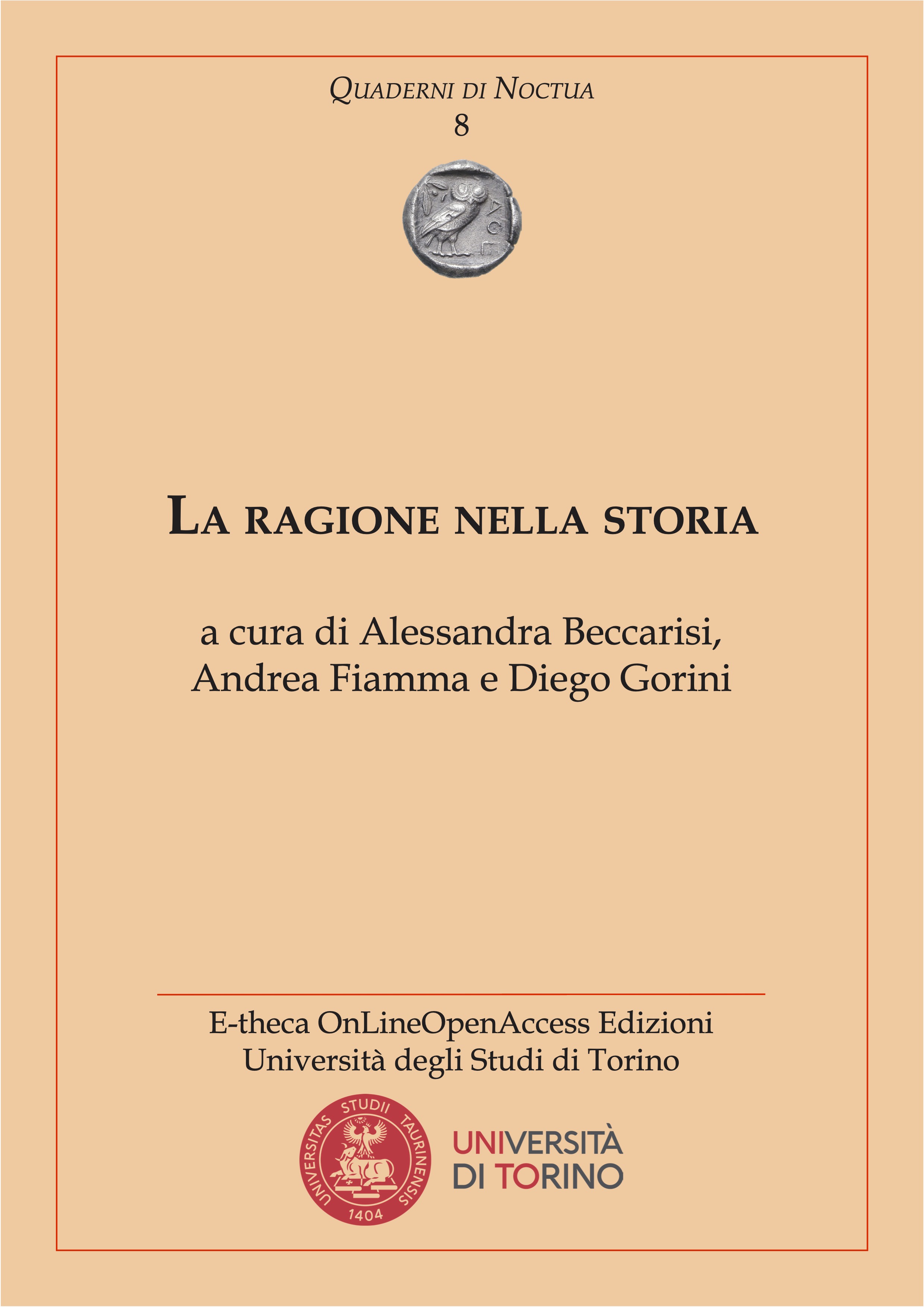Ibn Rushd (Averroes, d. 1198): Reason and Unreason in Prophecy
DOI:
https://doi.org/10.14640/QuadernidiNoctua8-2Keywords:
miracles, prophecy, Ashʿarite, Ibn Rushd, rationality, causality, al-Ghazālī, Qur’an, lawgiving, philosophy in Muslim contextsAbstract
This paper explores Ibn Rushd’s (Averroes, d. 595/1198) distinctive stance on miracles as they pertain to Islamic prophetic theory, situating his arguments within the broader intellectual and theological climate of his era. Beginning with Hugo Grotius’s early modern critique contrasting Christian and Islamic miracles, the study shows how Ibn Rushd’s own views challenge the dominant Sunni Ashʿarite position, which considered miracles unequivocal proof of prophecy. After surveying the Ashʿarite theologians – most notably Abū Bakr al-Bāqillānī, al-Juwaynī, and al-Ghazālī – who vigorously defended miracles as the decisive validation of a prophet’s claim, the paper turns to Ibn Rushd’s critique. While he does not deny that miracles happen, Ibn Rushd questions their logical power to establish prophecy, underscoring the absence of a rational, necessary link between the supernatural event and a prophet’s truthfulness. Instead, he privileges the Qur’an as Islam’s singular miracle capable of providing lasting, rational credibility. The paper also highlights how Ibn Rushd draws on, yet critically reinterprets, segments of al-Ghazālī’s later works – particularly al-Qisṭās al-mustaqīm and al-Munqidh min al-ḍalāl – to shore up his argument. Though al-Ghazālī remained committed to a broader Ashʿarite framework, both he and Ibn Rushd share the view that extraordinary feats do not, by themselves, confer certain knowledge of prophecy. Ultimately, the article argues that by relegating miracles to a chiefly rhetorical function and centering ‘corresponding’ proofs such as lawgiving and unique moral insight, Ibn Rushd separates prophecy from extravagant supernatural claims. His approach thus preserves both causality and the rational integrity of religious belief, while still acknowledging the formative role that miracles, especially the Qur’an, play in the faith of ordinary believers.
Downloads
Published
Issue
Section
License
Copyright (c) 2025 Fouad Ben Ahmed

This work is licensed under a Creative Commons Attribution 4.0 International License.
Noctua pubblica contributi Diamond Open Access secondo i termini della licenza CC BY / Noctua publishes Diamond Open Access contributions under the terms of the CC BY license.






